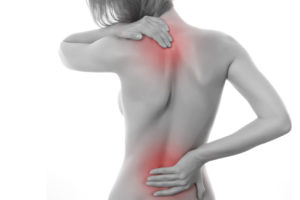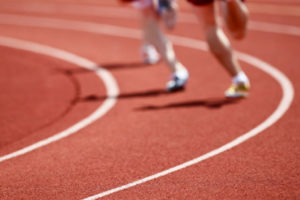Doping is cheating, cheating is wrong, cheaters should be punished. This view is ingrained in many psyches. Yet evidence builds every week that doping is rife in sport. Many of those caught – and many who aren’t – will have been raised to share exactly the ethical standpoint outlined above. Nevertheless, they choose to dope.
Sports medicine, inevitably, is essential to performance enhancement. Physicians enable doping and some – the evidence suggests – encourage it. But all over the world clean athletes too will look for a physiological edge, and turn to teams of nutritionists and physiologists and physicians for advice, testing, programmes and supplements. When research discovers the competitive advantages of a certain vitamin, or sleeping 30 minutes in the day, and the physiologists recommend them to their athletes, how different is this from a physician prescribing drugs or injecting some extra blood?
On one level, the answer is clear – follow the rules. But, as in civil law, rules are supposed to be grounded in ethical principles, and ethical principles aren’t always shared. Some will recognise the rules but not their justification; others will recognise neither. They may then dope without remorse, if not without consequences.
The lines may be drawn in view of the question, “What is safe for the athletes’ health?” Experimental drugs, or drugs used by athletes for purposes beyond the scope of their design, such as meldonium, are often prescribed not for the sake of health but of performance. Many will carry their own risks and side-effects. The physicians prescribing them are therefore breaking their Hippocratic oath – “first, do no harm”. Satisfying an athlete’s ambitions is not, it will be agreed, the primary purpose of medicine. But, the rewards – wealth, security, glamour – may be temptation enough for certain physicians to risk their careers and reputations. On the other hand helping the athlete find ways of sleeping, recovering and eating that boost both their health and performance would fit inside the sphere of physiological science and moral medicine.
Clearly there are murky areas making decisions difficult. But hopefully we can make rules and operate with the intention of ensuring the best health of our athletes, as we would like to do for the population as a whole.




